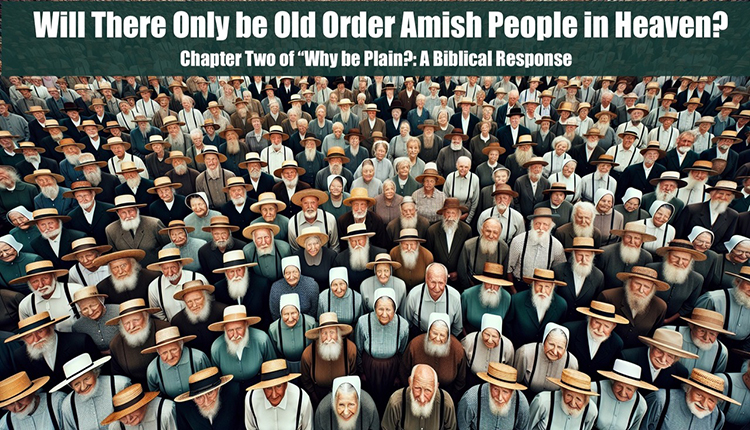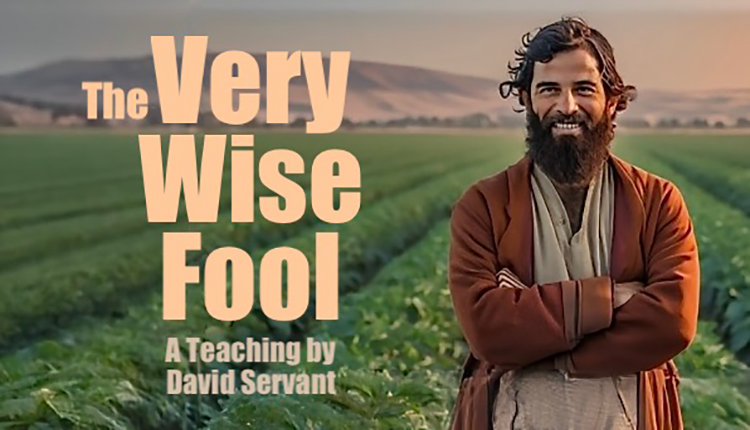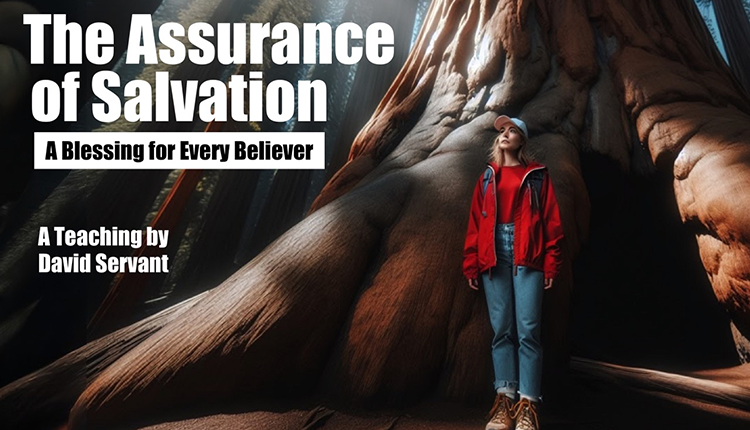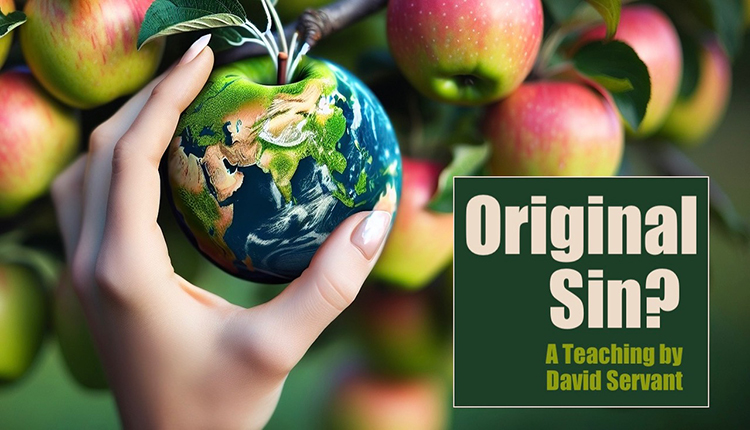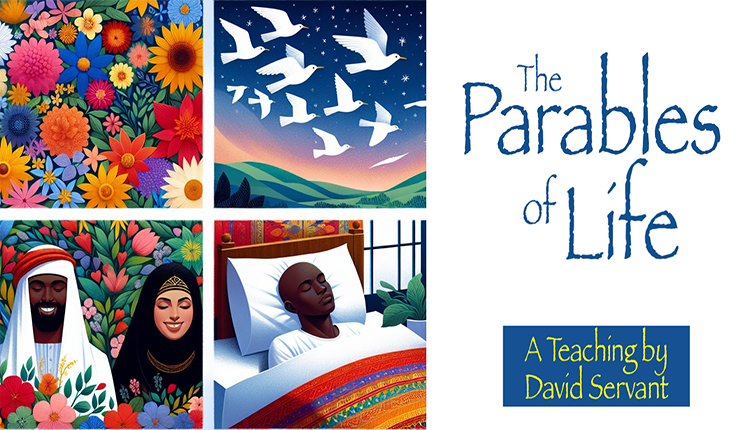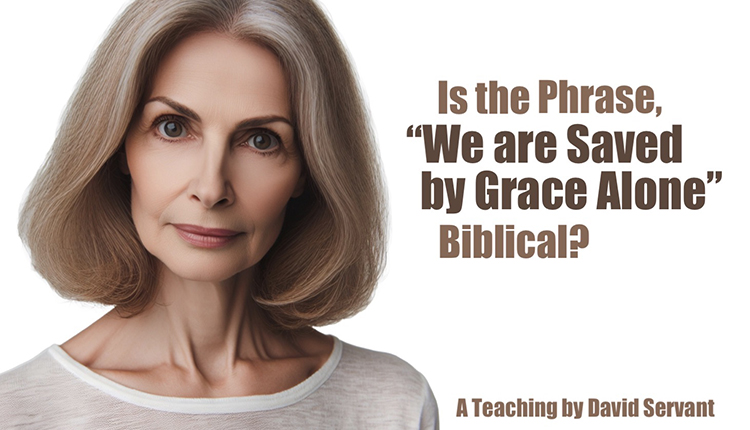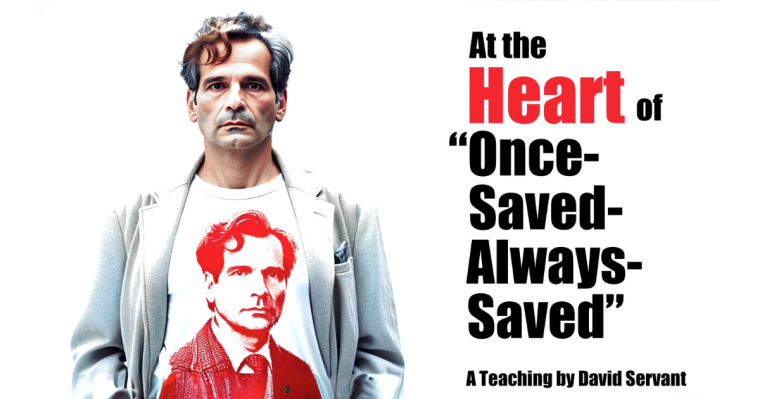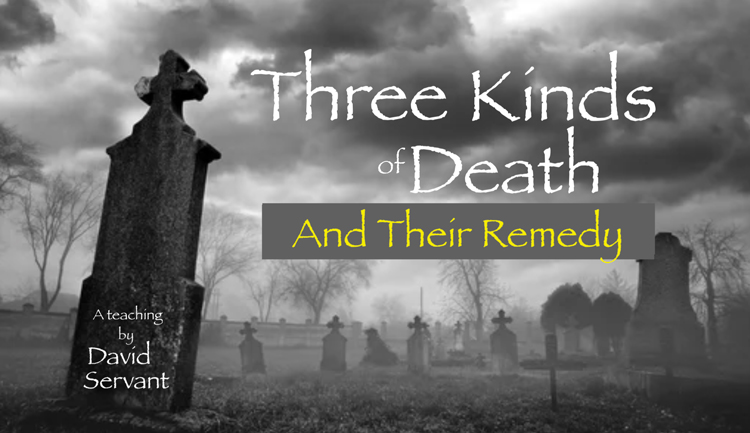Did you know that the spectrum of theological belief within all of Christendom can be viewed as a spectrum of belief about grace? That spectrum ranges from Universalism to Legalism, and everything in between.
This teaching can help you identify where you are at on that spectrum, as well as evaluate if you should move from where you are. Some readers may discover that their spiritual journey can be traced on the spectrum, and for better or worse. If you are Calvinist/Reformed in your theological perspective, for example, you may never have realized how close you are on the spectrum of grace to Universalism. Similarly, if you are from an Amish background, your journey away from semi-legalism may actually have been a pendulum swing that has swung too far. My hope is that all readers will be helped to better understand Scripture’s perfect balance on this important issue.
I’m sure this teaching will elicit lots of feedback, and although I can promise that I will read it all, I may not be able to reply to it all. I appreciate everyone’s understanding in that. — David
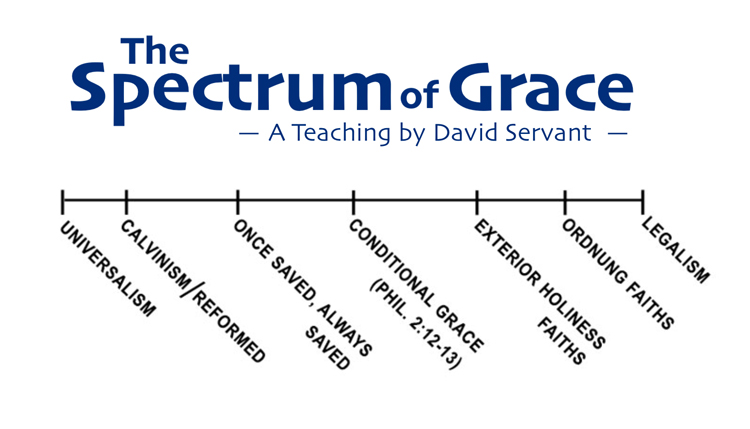
Perhaps you’ve heard the story of the British woman whose neighbor commented on her garden, “My, what a lovely flower garden God has given you!” She replied, “I don’t mean to sound boastful, but you should have seen this flower garden when God had it all by Himself!”
That funny little story is actually an illustration of a big theological issue that challenges us all. We all know that God is working to accomplish His will, but we also know that human beings have a part to play in many outcomes both temporal and eternal. In the case of the British gardener, she knew that only God can turn a seed into a beautiful flowering plant. That being said, she also realized that, unless she strategically planted flower seeds, kept them watered, and periodically pulled weeds, the outcome would be an ugly mess. She knew what God was responsible for and what she was responsible for. In the end, both could rightfully take some credit for the outcome—although God’s contribution was certainly much more impressive than hers!
Christians often struggle trying to find the dividing line between divine and human responsibility. What is our job and what is God’s job? None of us wants to make a wrong assumption, but still, opinions vary. Although we are all reading from the same Bible, many theological debates revolve around this issue, and two words often surface within those debates. They are grace and works—two words that stand in contrast.
How do they differ?
